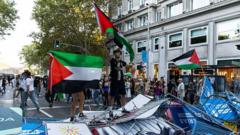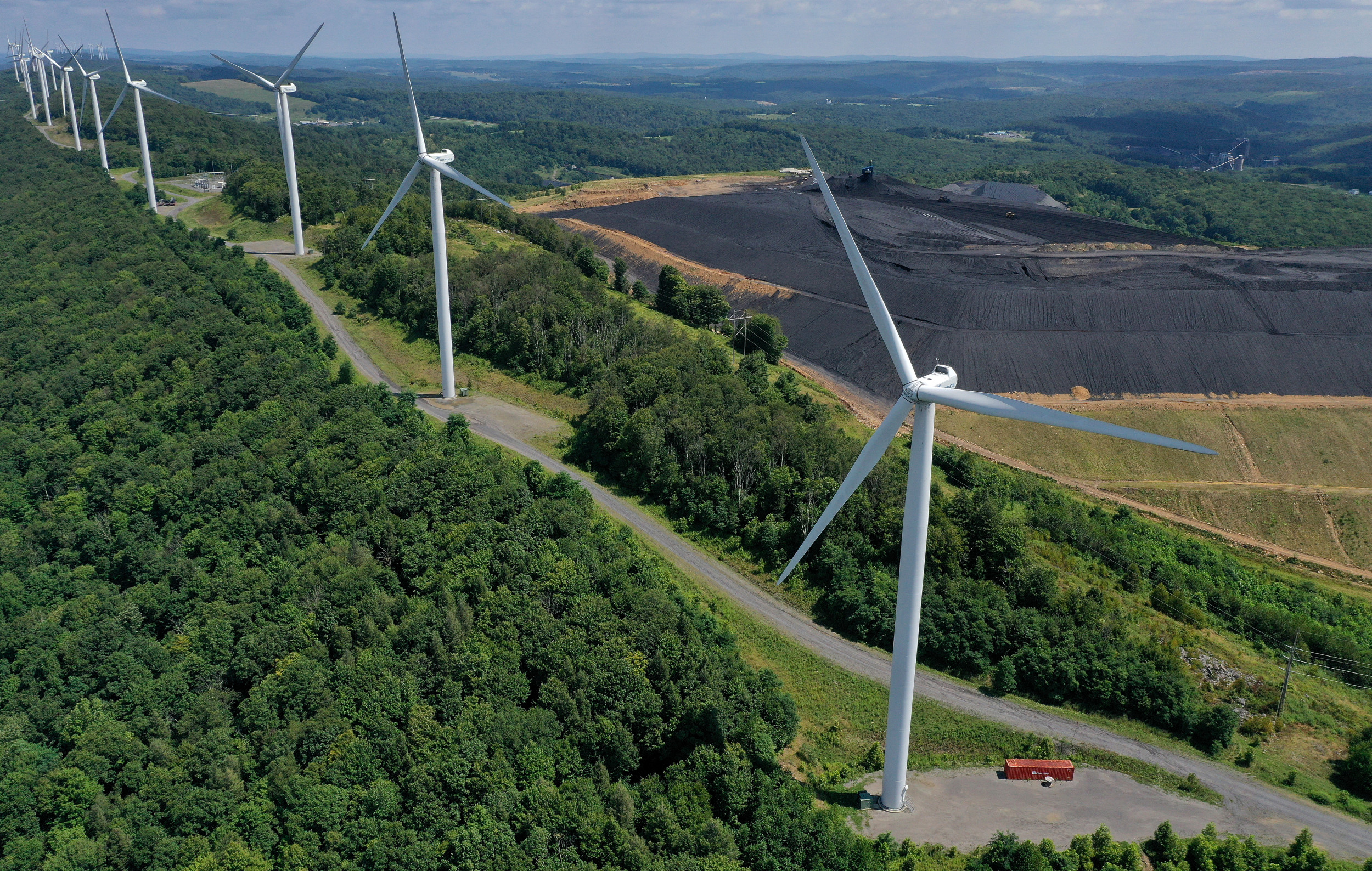Is Spain Fit to Host Elite Sports After Vuelta Chaos?

Published: 2025-09-15 18:55:26 | Category: sport
The final stage of the Vuelta a España was abandoned due to pro-Palestinian protests that disrupted the race, sparking concerns from cycling's governing body, the UCI, about Spain's capacity to safely host major sporting events. This article explores the implications of these protests on cycling and the broader sporting landscape, examining the intersection of sports and politics, and the challenges both athletes and organisers face in ensuring safety during public events.
Last updated: 25 October 2023 (BST)
Key Takeaways
- The final stage of the Vuelta a España was halted due to protests in Madrid.
- UCI questioned Spain's ability to host international sporting events safely.
- Protests raised concerns over athlete safety during competitive events.
- Political tensions surrounding the Israel-Palestine conflict have spilled into sports.
- The UCI praised race organisers for their quick response to disruptions.
Understanding the Protests
The protests that led to the abandonment of the Vuelta a España's final stage were part of a broader movement in response to the ongoing Israel-Palestine conflict. This particular round of protests coincided with heightened tensions following the Israeli military's actions in Gaza, which resulted in significant casualties on both sides.
Pro-Palestinian activists took to the streets of Madrid, demonstrating against the Israel-Premier Tech cycling team, which had been racing amidst the political turmoil. These protests involved knocking down barriers and occupying critical points along the race route, ultimately forcing the UCI and the race organisers to halt the event for safety reasons.
The Implications for Cycling and Sporting Events
The UCI's response to the protests was notably critical of the Spanish government's stance, particularly Prime Minister Pedro Sanchez's comments that appeared to sympathise with the protesters. The UCI stated that this position contradicted the Olympic values of unity and mutual respect, raising serious questions about Spain's capability to host major international sporting events.
More than 1,000 police officers were deployed in Madrid as a precaution against anticipated protests, highlighting the tense atmosphere surrounding the event. The scale of the protests and their impact on the race indicated a growing intersection between sports and global political issues, which could have lasting effects on how sporting events are organised and perceived.
Safety Concerns for Athletes
For professional cyclists, safety has become a paramount concern, especially in light of recent fatalities and the increased risks associated with high-speed racing. The protests during the Vuelta resulted in crashes and heightened anxiety among riders, many of whom voiced their fears about competing in an environment where external factors could disrupt their performance and safety.
The UCI expressed support for the race organisers, ASO, acknowledging their efforts to manage the situation effectively. However, the incidents raised significant concerns about how future races might be impacted by political demonstrations and the safety of athletes on public roads.
The Role of Government and Organisers
The relationship between government authorities and sports organisers is crucial in ensuring the safety of events. Madrid's mayor, Jose Luis Martinez-Almeida, attributed the abandonment of the Vuelta's final stage to Sanchez's comments, highlighting the responsibility that political figures hold in these contexts. The UCI's statements suggest a need for better communication and cooperation between sports governing bodies and government officials to prevent similar disruptions in the future.
ASO, the French company that organises both the Vuelta and the Tour de France, faces the daunting challenge of balancing the integrity of the sport with the realities of public safety and political activism. With road cycling being a highly visible sport, it becomes an attractive target for protests, raising the question of how to manage these occurrences while upholding the principles of competition.
The Future of Protests in Sports
As political tensions continue to surface in various forms, the relationship between sports and activism is likely to evolve. The events surrounding the Vuelta a España serve as a reminder that athletes and sports organisations are not insulated from global issues. As the UCI and other governing bodies grapple with these challenges, they must consider new strategies to safeguard events while respecting the right to peaceful protest.
One potential approach is to establish clearer protocols for managing protests during sporting events. This could include designated protest zones that allow individuals to express their views without disrupting the event itself. Additionally, improved communication channels between organisers, local authorities, and security personnel could help in anticipating and mitigating potential disruptions.
Conclusion: Navigating the Intersection of Sports and Politics
The abandonment of the final stage of the Vuelta a España underscores the complex relationship between sports, politics, and public safety. As protests become increasingly common at major events, stakeholders must navigate these waters carefully to protect athletes, maintain the integrity of competitions, and respect the rights of individuals to voice their opinions.
With the UCI's concerns about Spain's ability to host future events, the sporting world may need to reassess its approach to political activism within the realm of competition. The question remains: how can organisers ensure the safety of athletes while allowing for the expression of important political messages? The answer will likely shape the future of sports in an increasingly interconnected world.
FAQs
What caused the final stage of the Vuelta a España to be abandoned?
The final stage was abandoned due to pro-Palestinian protests that disrupted the race by knocking down barriers and occupying the road in Madrid.
How did the UCI respond to the protests during the Vuelta?
The UCI questioned Spain's ability to safely host major sporting events and criticised the government's political stance, stating it contradicted Olympic values.
What are the safety concerns for cyclists during protests?
Protests can lead to physical disruptions, causing crashes and increasing anxiety among riders about their safety during competitive events.
What role does the government play in managing sporting events?
Government officials are responsible for ensuring public safety during events, and their comments can influence the atmosphere and security measures in place.
How can organisers protect events from political protests in the future?
Organisers can establish protocols for managing protests, including designated zones for expression, and improve communication with local authorities and security personnel.



